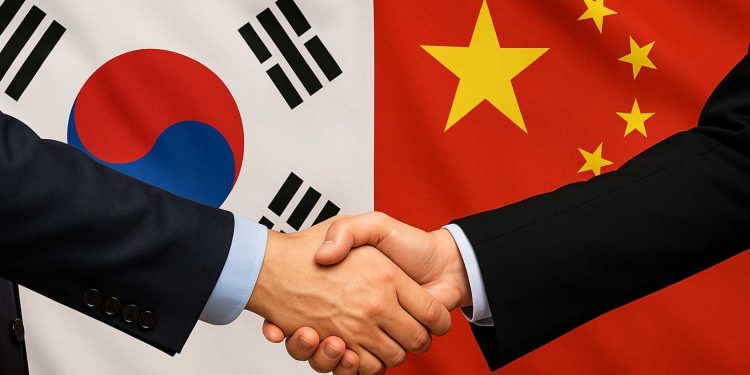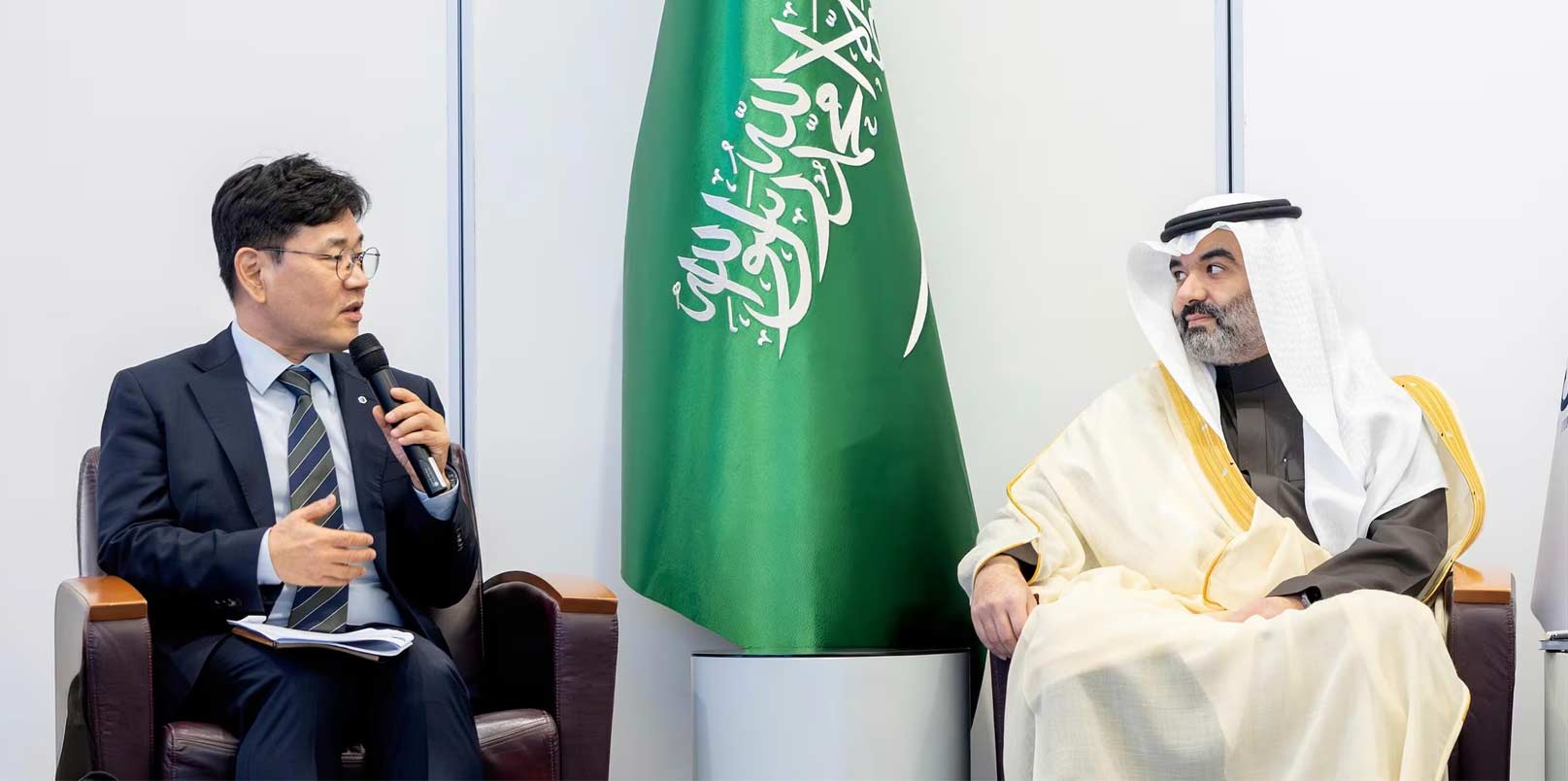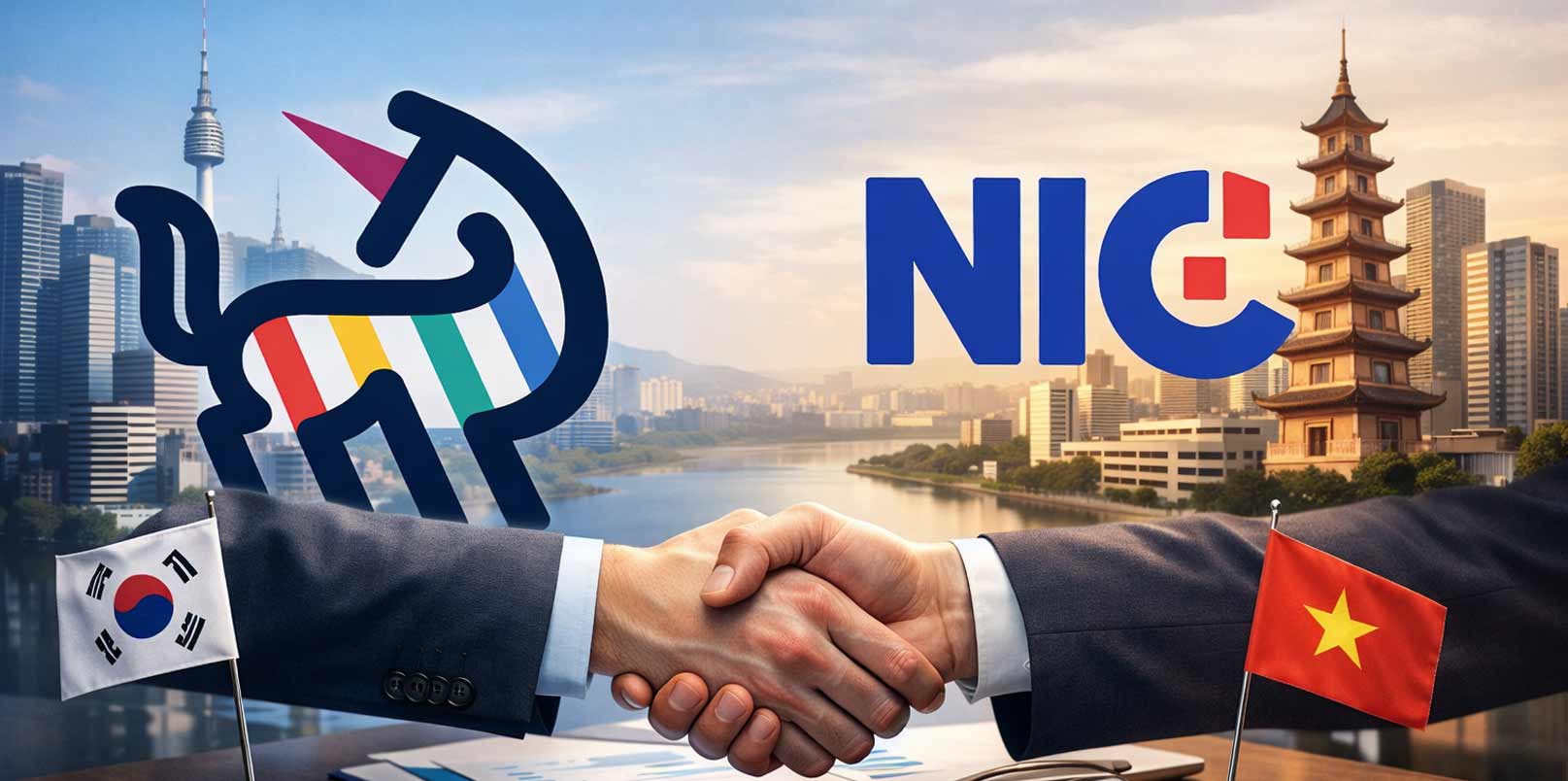As Korea and China move to thaw years of strained relations, Korea’s startup and SME ecosystem is taking early action. Three major Korean innovation agencies are heading to Shenzhen this month, signaling the start of a new phase in cross-border collaboration and market re-entry. The move reflects growing optimism that policy normalization between the two economies could restore one of Asia’s most vital innovation corridors.
Korean Startup Agencies Head to Shenzhen to Rebuild Cooperation
This November, Korea’s leading SME and startup support institutions — the Korea Institute of Startup & Entrepreneurship Development (KISED), the Innobiz Association, and the Korea Business Angels Association (KBAA) — will simultaneously visit Shenzhen, China to strengthen ties with Chinese counterparts and explore opportunities for bilateral business cooperation.
The Innobiz Association will lead 12 certified member companies to Shenzhen on November 12. The delegation will host a plaque-unveiling ceremony at the Shenzhen branch of 36Kr Space, designating it as the association’s official local office. The space will function as a launch base for Innobiz firms entering China, providing shared infrastructure for Korean startups.
To mark the opening, the association will hold a Korea–China Cooperation Seminar with the Shenzhen Bureau of Commerce and the Shenzhen Council for the Promotion of International Trade. Following its Beijing office launch in August, this expansion signals Innobiz’s intent to establish a long-term operational presence in major Chinese innovation hubs.
Angel Investment Association Connects TIPS Startups with Chinese Venture Capital
At the same time, the Korea Business Angels Association will bring 12 TIPS program startups — selected under the Ministry of SMEs and Startups (MSS) — to Shenzhen. The visit aims to bridge Korean deep-tech startups with Chinese venture capital (VC) and accelerator (AC) networks through dedicated business exchange events.
Ahn Young-il, Head of TIPS Town Center, is scheduled to speak at “New Summit 2025,” a leading AI-focused forum in Shenzhen. His presentation will spotlight Korean startups’ technology competitiveness and commercialization models, positioning them for potential investment and joint development partnerships.
KISED to Promote Korean Market Entry for Chinese Tech Companies
The Korea Institute of Startup & Entrepreneurship Development (KISED) will focus on the reverse direction of collaboration — attracting Chinese innovation-driven companies to establish operations in Korea.
From November 14 to 16, KISED will dispatch an official team to the China Hi-Tech Fair (CHTF) in Shenzhen, which hosts more than 5,000 exhibitors annually.
The institute plans to engage promising Chinese tech firms to promote Korean market entry and investment opportunities, emphasizing policy advantages such as the Startup Korea Special Visa (D-8-4S) and government-backed innovation support programs.
This marks KISED’s first direct participation in a major Chinese technology exhibition, highlighting the agency’s strategic pivot toward bilateral innovation inflow rather than one-sided expansion.
Korea – China Economic Dialogue Regains Momentum
The synchronized missions to Shenzhen follow a notable turning point in Korea–China relations.
On November 1, President Lee Jae-myung and Chinese President Xi Jinping held a 97-minute summit, resulting in the signing of six MOUs — five directly tied to economic cooperation.
After years of stagnation following China’s 2017 “Hallyu Ban”, the discussions signaled an intent to reopen trade, cultural, and technology exchange channels. The summit’s timing and substance have provided both governments with an opportunity to reset the framework of cooperation, with SMEs and startups serving as the first sector-level test case.
Stakeholder Insights: Opportunity Meets Caution
Experts view these efforts as a meaningful restart for Korea’s innovation economy.
Kim Dae-jong, Director at the Korean Small and Medium Business Association, stated:
“SMEs account for around half of Korea’s total production. Expanding trade and cooperation at the SME and startup level with China could reinvigorate Korea’s economic growth.”
Yet he emphasized the importance of institutional safeguards, adding:
“Korean companies faced heavy investment losses during the Hallyu Ban after directly investing in China. This time, robust mechanisms to protect intellectual property and property rights must accompany the expansion efforts.”
Toward a Balanced Korea – China Innovation Exchange
The Shenzhen missions represent a strategic pivot for Korea’s startup diplomacy.
While past cooperation often centered on Korean market entry into China, the new approach appears more reciprocal and ecosystem-based, encouraging two-way startup movement. This structure mirrors the broader Asia-Pacific trend of cross-border incubation, where cities like Shenzhen, Seoul, and Singapore are becoming regional innovation gateways.
This emerging collaboration could open dual-access channels for founders and investors to both markets — pairing Korea’s technology infrastructure and R&D funding environment with China’s manufacturing scale and capital liquidity.
A Measured Restart in a Cautiously Opening Market
Korea’s renewed engagement with China’s startup scene comes at a delicate but promising time. As both sides prioritize economic pragmatism, SME- and startup-level cooperation could become a foundation for trust and sustainable growth within the region.
If implemented effectively, this strategy may serve as a model for Asia’s next generation of cross-border innovation diplomacy — one where policy coordination, venture investment, and technology exchange move in balance, not competition.
– Stay Ahead in Korea’s Startup Scene –
Get real-time insights, funding updates, and policy shifts shaping Korea’s innovation ecosystem.
➡️ Follow KoreaTechDesk on LinkedIn, X (Twitter), Threads, Bluesky, Telegram, Facebook, and WhatsApp Channel.






